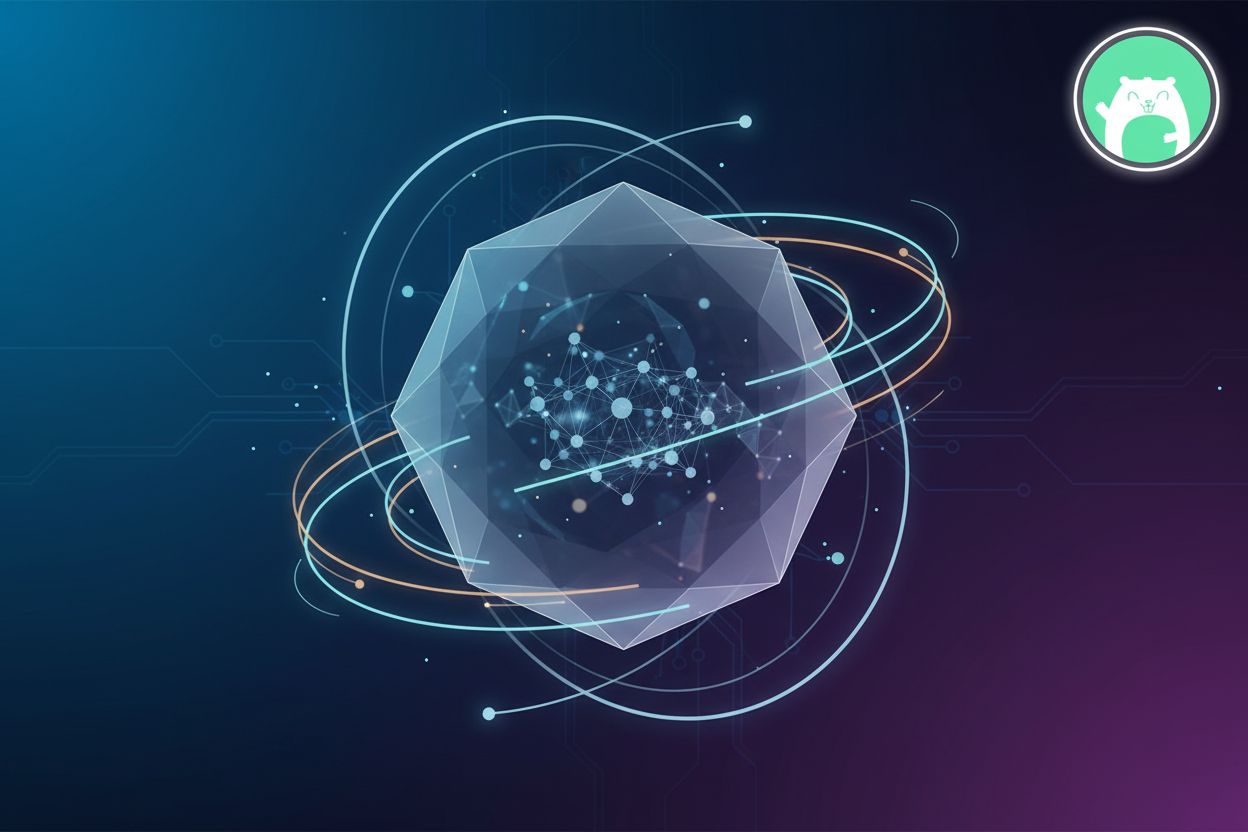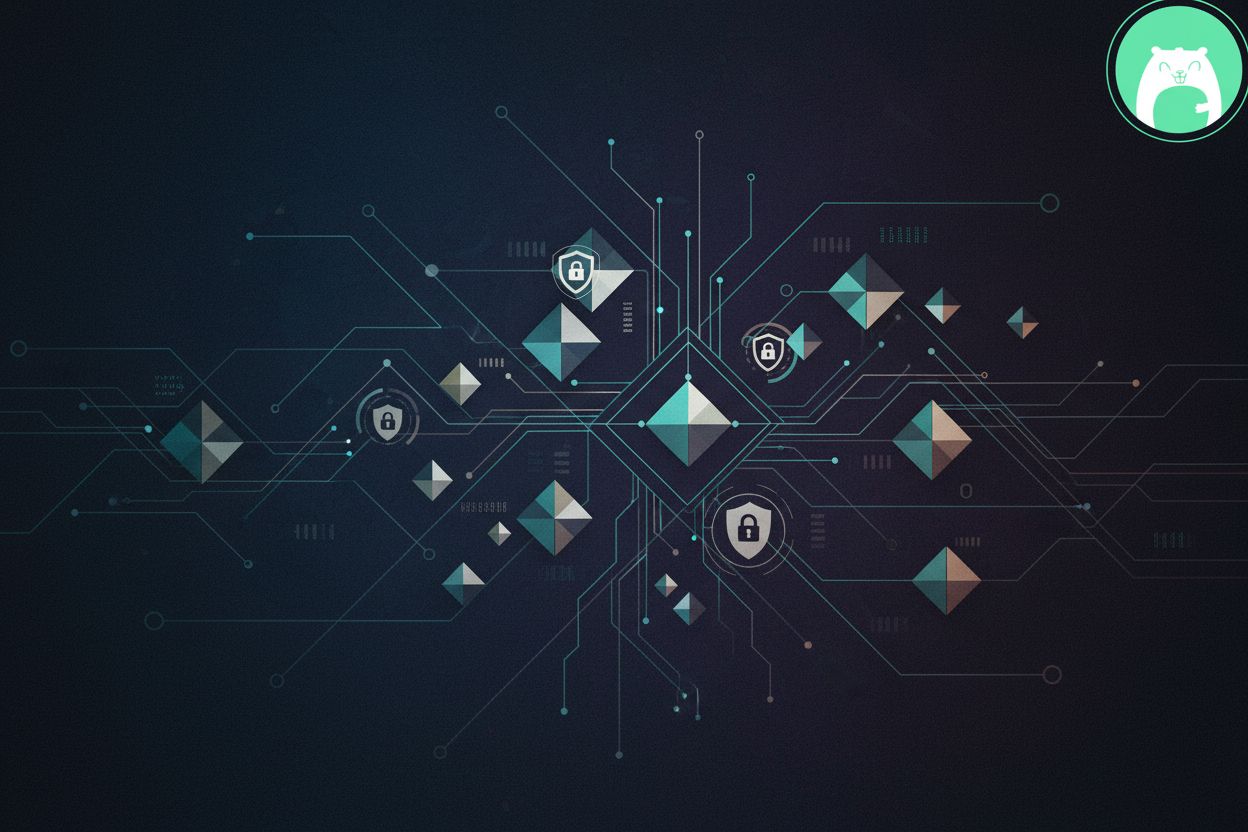Gopher P2P: Ditch Legacy VPNs to Achieve the Best Connectivity and Performance

TL;DR
Summary
In today’s rapidly evolving digital landscape, secure and efficient connectivity is more crucial than ever. Traditional VPNs, once the go-to solution for remote access, are increasingly showing their age. Enter Gopher P2P, a next-generation peer-to-peer networking solution that delivers unmatched value to customers by addressing the shortcomings of legacy VPNs. Let's explore how Gopher P2P outshines traditional VPNs in every aspect, delivering superior value and cutting-edge technology to meet modern needs. Another good read is Say Goodbye to VPNs: Embrace Zero Trust Network Access (ZTNA) Today.
Legacy VPN vs. Gopher Peer-to-Peer Networking
Legacy VPN vs. Gopher P2P
Complex Configuration vs. Zero Configuration
Legacy VPNs often require intricate configuration setups, with multiple steps to establish connections, manage servers, and maintain security protocols. This complexity can lead to errors, increased IT overhead, and a frustrating user experience.
Gopher P2P, on the other hand, offers zero-configuration deployment. There’s no need to manually configure tunnels, proxies, or firewalls. The network self-configures, making it incredibly user-friendly, reducing setup time, and eliminating the potential for configuration errors.
Customer Value: Simplified setup means less time and resources spent on managing connections, enabling businesses to focus on core activities rather than troubleshooting VPN issues.
Single Point of Failure vs. Resilient Mesh Network
Legacy VPNs rely on central proxies, creating a single point of failure. If the proxy server goes down, the entire network can become inaccessible, leading to downtime and potential business disruptions.
Gopher P2P operates on a mesh network architecture, which means there is no single point of failure. The network dynamically reroutes traffic through available nodes, ensuring consistent and reliable connectivity even if individual nodes fail.
Customer Value: Enhanced reliability and uptime translate to fewer interruptions, ensuring business continuity and improved user satisfaction.
Costly and Limited Bandwidth vs. Free Unlimited Bandwidth
Legacy VPNs often come with bandwidth limitations due to the reliance on central proxies, which can become bottlenecks. This not only increases costs but also degrades performance, especially during peak usage.
Gopher P2P utilizes a peer-to-peer (P2P) architecture, allowing for unlimited bandwidth as data is distributed across multiple nodes. This design eliminates the bottleneck issues associated with central proxies, providing faster and more reliable connections.
Customer Value: Businesses can enjoy cost savings and improved performance, with no need to worry about bandwidth caps or additional charges for high data usage.
Point-to-Point Links vs. Mesh Connectivity
Legacy VPNs establish point-to-point connections that are prone to failure. If one link in the chain breaks, the entire connection can drop, leading to potential disruptions.
Gopher P2P leverages mesh connectivity, where each node is interconnected with multiple others. If one connection fails, the network automatically finds an alternative path, ensuring continuous service.
Customer Value: Increased network resilience and reduced downtime result in a more dependable service, minimizing interruptions to business operations.
High Latency vs. Low Latency
Legacy VPNs can suffer from high latency due to the routing of traffic through central proxies, often located far from the user, increasing the time it takes for data to travel.
Gopher P2P minimizes latency by establishing direct connections between peers. By bypassing central points, data travels faster, providing a smoother and more responsive user experience.
Customer Value: Lower latency means quicker response times for critical applications, enhancing productivity and user satisfaction.
Hard to Scale vs. Easy to Scale
Legacy VPNs are difficult to scale due to their reliance on static proxy configurations. Scaling often requires additional infrastructure and manual intervention, which can be both costly and time-consuming.
Gopher P2P offers dynamic scaling through its mesh network. New nodes can be added effortlessly, with the network automatically adjusting to include them, allowing for horizontal scaling with minimal effort.
Customer Value: Effortless scalability means businesses can grow without worrying about network limitations, reducing overhead costs and improving agility.
No End-to-End Encryption vs. End-to-End Encryption
Legacy VPNs often do not provide true end-to-end encryption, especially when using proxies. This leaves data vulnerable to interception and breaches.
Gopher P2P ensures end-to-end encryption, with data being encrypted at the source and only decrypted at the destination. This enhances security by protecting data throughout its journey.
Customer Value: Enhanced data protection ensures that sensitive information remains secure, helping businesses meet compliance requirements and build trust with their customers.
Broad Access vs. Granular Access Control
Legacy VPNs typically offer broad access once a user is authenticated, which can expose the network to security risks due to excessive privileges.
Gopher P2P implements granular access control, allowing for precise policy control to enforce the least privilege principle. Users are granted only the access they need, reducing the attack surface.
Customer Value: Improved security and reduced risk of unauthorized access lead to a safer environment, protecting critical assets from potential breaches.
Authenticate Once vs. Continuous Authentication
Legacy VPNs often authenticate users only once at the start of the session, which can leave sessions vulnerable to hijacking or unauthorized access if credentials are compromised.
Gopher P2P integrates continuous authentication through Zero Trust Network Access (ZTNA) principles, constantly verifying the identity of users and devices throughout the session.
Customer Value: Continuous authentication provides ongoing security assurance, reducing the likelihood of unauthorized access and enhancing trust in the network’s integrity.
Classical Encryption vs. Quantum-Resistant Encryption
Legacy VPNs rely on classical encryption, which may become vulnerable with the advent of quantum computing, posing future security risks.
Gopher P2P combines classical encryption with quantum-resistant algorithms, ensuring that data remains secure even in a post-quantum world.
Customer Value: Future-proofing your security infrastructure with quantum-resistant encryption ensures long-term protection of sensitive data, safeguarding your business against emerging threats.
Password-Based Authentication vs. SSO Integration
Legacy VPNs typically rely on password-based authentication, which is vulnerable to phishing, brute-force attacks, and other forms of compromise.
Gopher P2P supports Single Sign-On (SSO) integration, allowing for centralized credential management. This not only simplifies user access but also enhances security by reducing reliance on passwords.
Customer Value: Centralized and more secure authentication processes reduce the risk of credential compromise, leading to a more secure and streamlined user experience.
Conclusion
Gopher P2P represents a significant leap forward in secure networking, offering businesses unparalleled reliability, security, and scalability compared to traditional VPN solutions. By adopting Gopher P2P, organizations can streamline their network management, reduce costs, and ensure that their data is protected both today and in the future.





